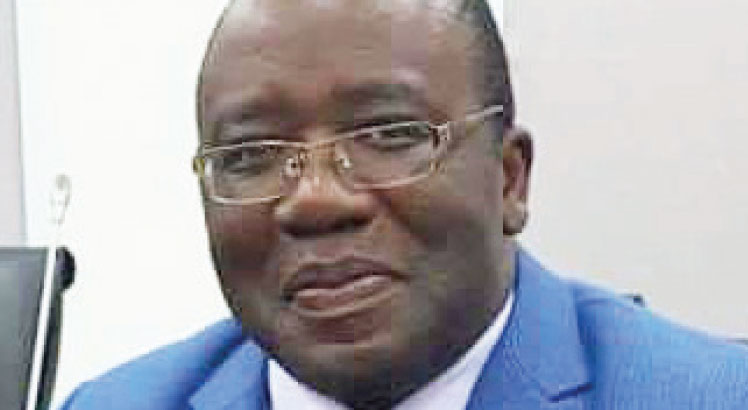Fertiliser Association of Malawi (FAM) says it needs over $475 million (K520 billion) to settle Affordable Inputs Programme (AIP) arrears and to cover future orders for both cash sales and supply for the 2023/24 season.
In an interview with Business News on Thursday, FAM executive administrator Mbawaka Phiri said that $130 million (140 billion) is for AIP arrears for the 2021/22 and 2022/23 farming season.
She indicated that as at August 2023, the association had a stock position of 391 000 metric tonnes (MT) of fertiliser for the 2023/24 farming season, much of which is held up for non-payment, which is subject to forex availability.
Said Phiri: “If the company is not able to secure financing or a financing tool, the stock is not released and may be diverted to a different supplier in another country within the region. We have had discussions with the government and other stakeholders and we are trying to find solutions collectively.
Workers off-load AIP fertiliser secured in a previous season
“However, companies have not been able to access forex for some time in required quantities from commercial banks. For Malawi, we have to remember that last year, because imports were low, we have very little carry-over stock.”
Data shows that Malawi’s annual fertiliser demand is between 450 000 and 500 000MT, with some informally exported to Zambia, Mozambique and Zimbabwe.
In 2022, for instance, about 7 000MT was exported, the centre’s data shows.
In an earlier interview, agriculture development policy expert Tamani Nkhono-Mvula said fertiliser deficit affects production as access to fertiliser coupled with increased prices will limit access to the commodity.
He said: “If these companies are not able to import fertiliser because of the forex crisis, it means fertiliser prices will continue to be high due to low supply, which will affect accessibility by the farmers, thereby affecting production.”
Farmers Union of Malawi chief executive officer Jacob Nyirongo had also indicated that farmers are diversifying into other crops which do not require heavy input of fertiliser as well as using manure to overcome rising fertiliser prices on the market.
He said the increased prices have also increased the cost of farming for all farmers, including large-scale farmers.
A Business News snap survey shows that in some agro-dealer shops across the country, on average, NPK is fetching K62 6000, Urea is fetching K662 300 while D Compound is fetching K74 000 per 50-kilogramme bag of fertiliser.
The post Forex arrears choke Fertiliser industry appeared first on The Nation Online.
 Moni Malawi
Moni Malawi 

